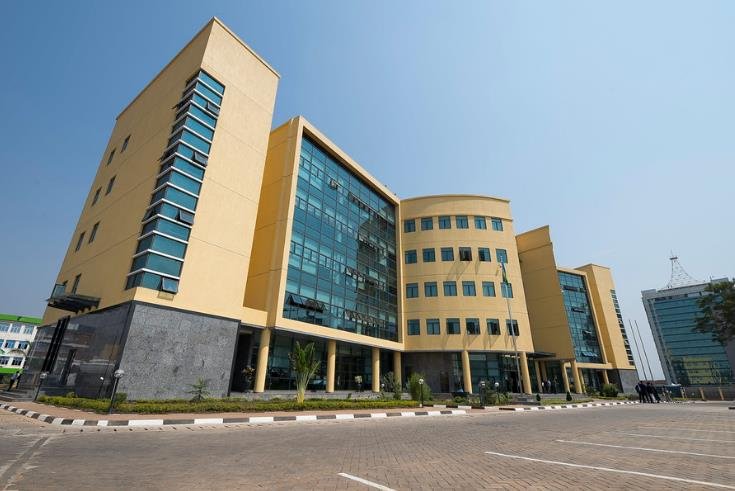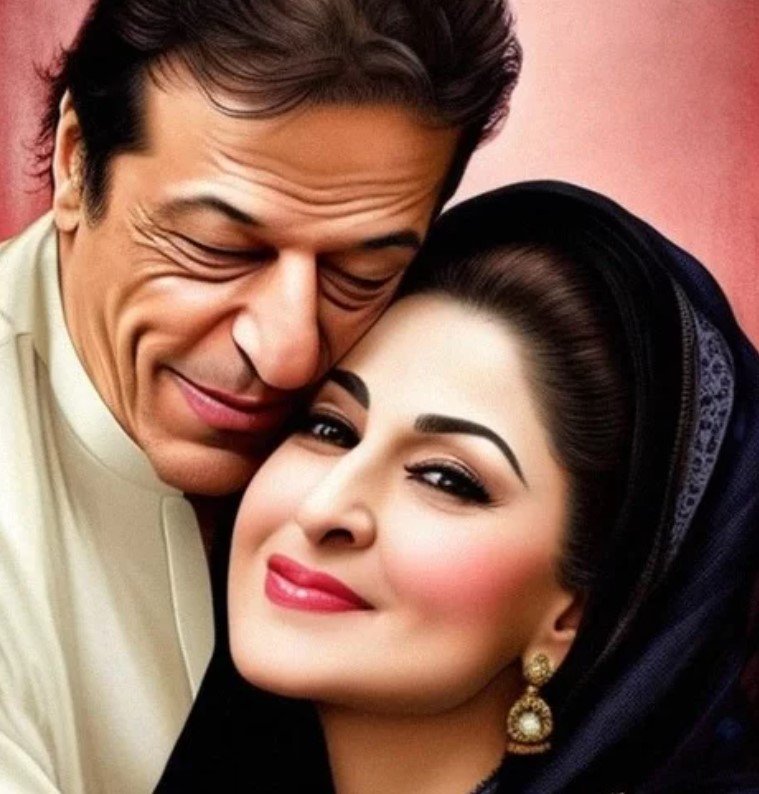The Mohammed Bin Rashid School of Government (MBRSG) and the Geneva Centre for Human Rights Advancement and Global Dialogue (GCHRAGD) hosted a panel discussion to explore how healthcare can play a key role in peace-building initiatives. The event, which took place on March 9, 2024, featured experts and practitioners from different fields and regions, who shared their insights and experiences on how healthcare can contribute to peace and human rights.
The panel discussion, which was moderated by Dr. Ali Sebaa Al Marri, Executive President of MBRSG, highlighted the importance of healthcare as a human right and a peace-building tool. The panelists agreed that healthcare is essential for the well-being and dignity of individuals and communities, and that it can also foster trust, dialogue, and cooperation among different groups and stakeholders.

The panelists also discussed the challenges and opportunities of providing healthcare in conflict-affected and fragile contexts, such as Afghanistan, Yemen, Syria, and Iraq. They stressed the need for a holistic and inclusive approach that addresses the root causes and consequences of conflict, and that involves the participation and empowerment of local actors and beneficiaries.
Best Practices and Recommendations for Healthcare and Peace-building
The panel discussion also showcased some of the best practices and recommendations for healthcare and peace-building, based on the panelists’ own work and research. Some of the examples and suggestions included:
- The Health as a Bridge for Peace (HBP) initiative, which was launched by the World Health Organization (WHO) in 1997, and which aims to integrate peace-building principles and practices into health programs and policies.
- The Health and Peace Initiative (HPI), which was established by the GCHRAGD in 2020, and which seeks to promote the role of healthcare in preventing and resolving conflicts, and in advancing human rights and sustainable development.
- The Health and Peacebuilding Alliance (HPA), which is a global network of researchers, practitioners, and policymakers, who collaborate to generate and disseminate evidence and knowledge on the linkages between health and peace.
- The use of telemedicine and mobile health technologies, which can enhance the access and quality of healthcare services, especially in remote and insecure areas, and which can also facilitate communication and coordination among health workers and peace actors.
The panel discussion concluded with a call for more research and action on the role of healthcare in peace-building, and for more collaboration and partnership among the health and peace sectors.
















